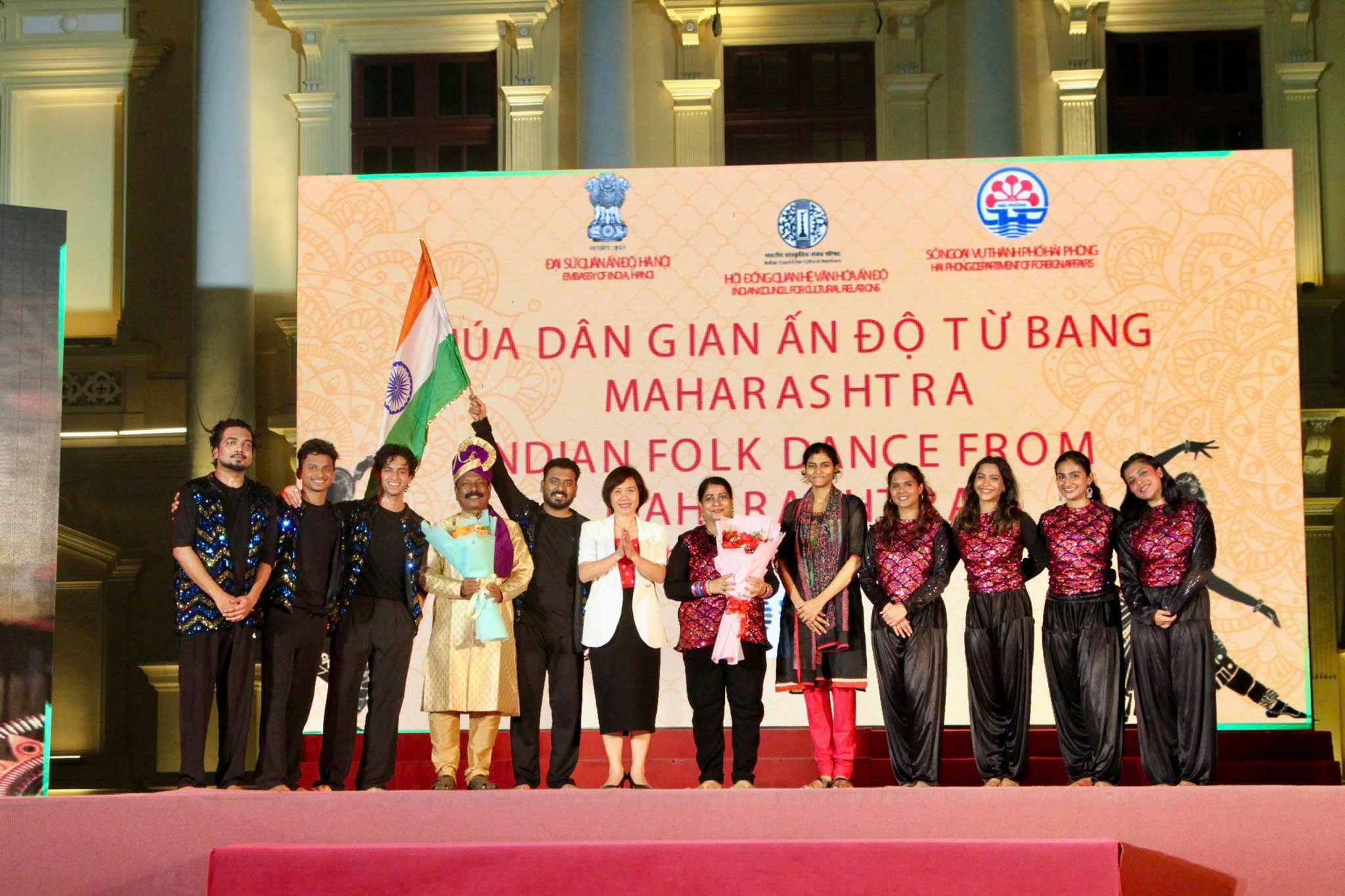
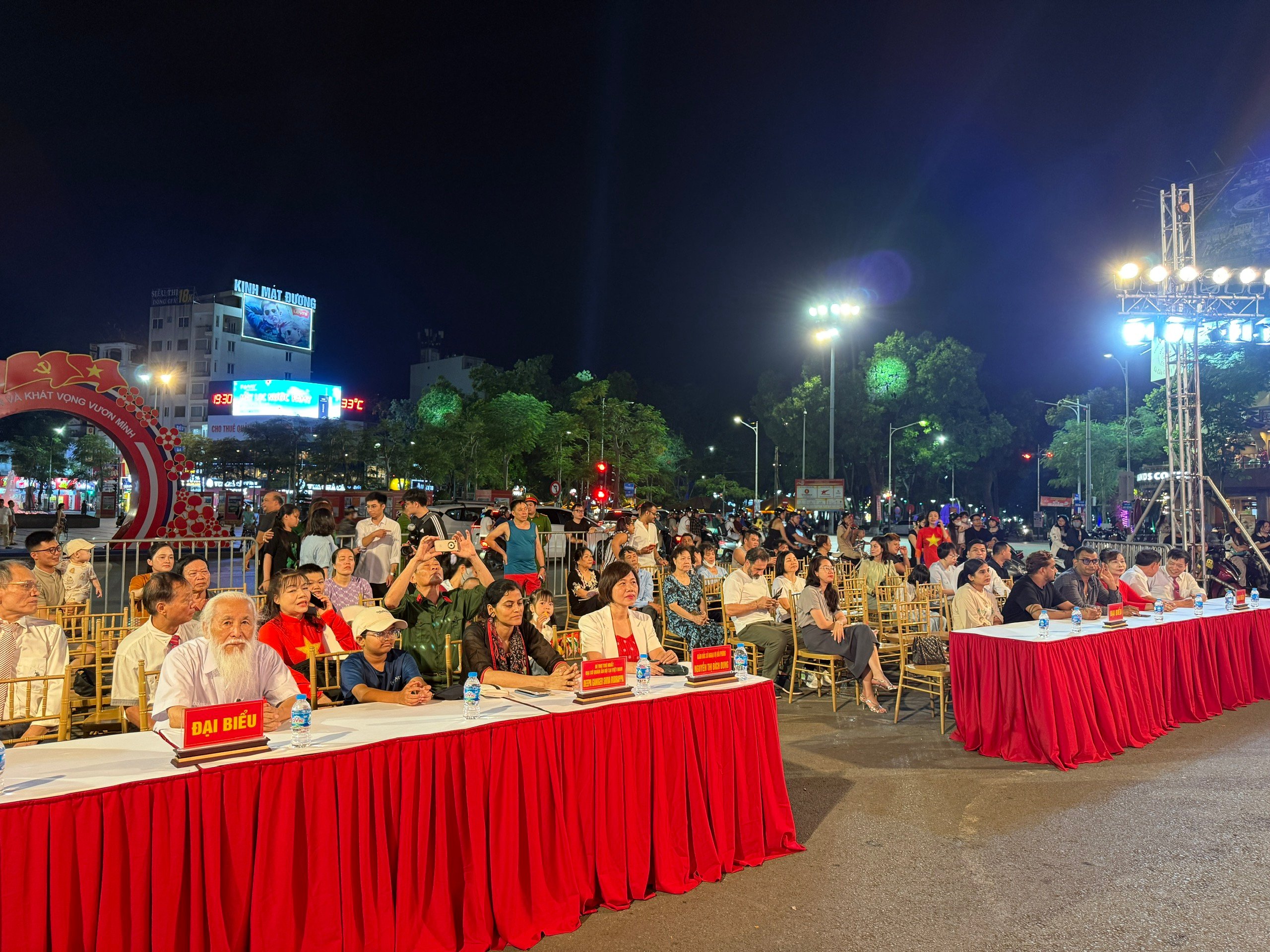
Characterized by rapid footwork, intricate hand movements, rich facial expressions, and graceful turns, Indian folk dance reflects the diversity of culture. Through body language, dances not only express inner feelings but also connect the mind and soul, and are a way of expressing a civilization.
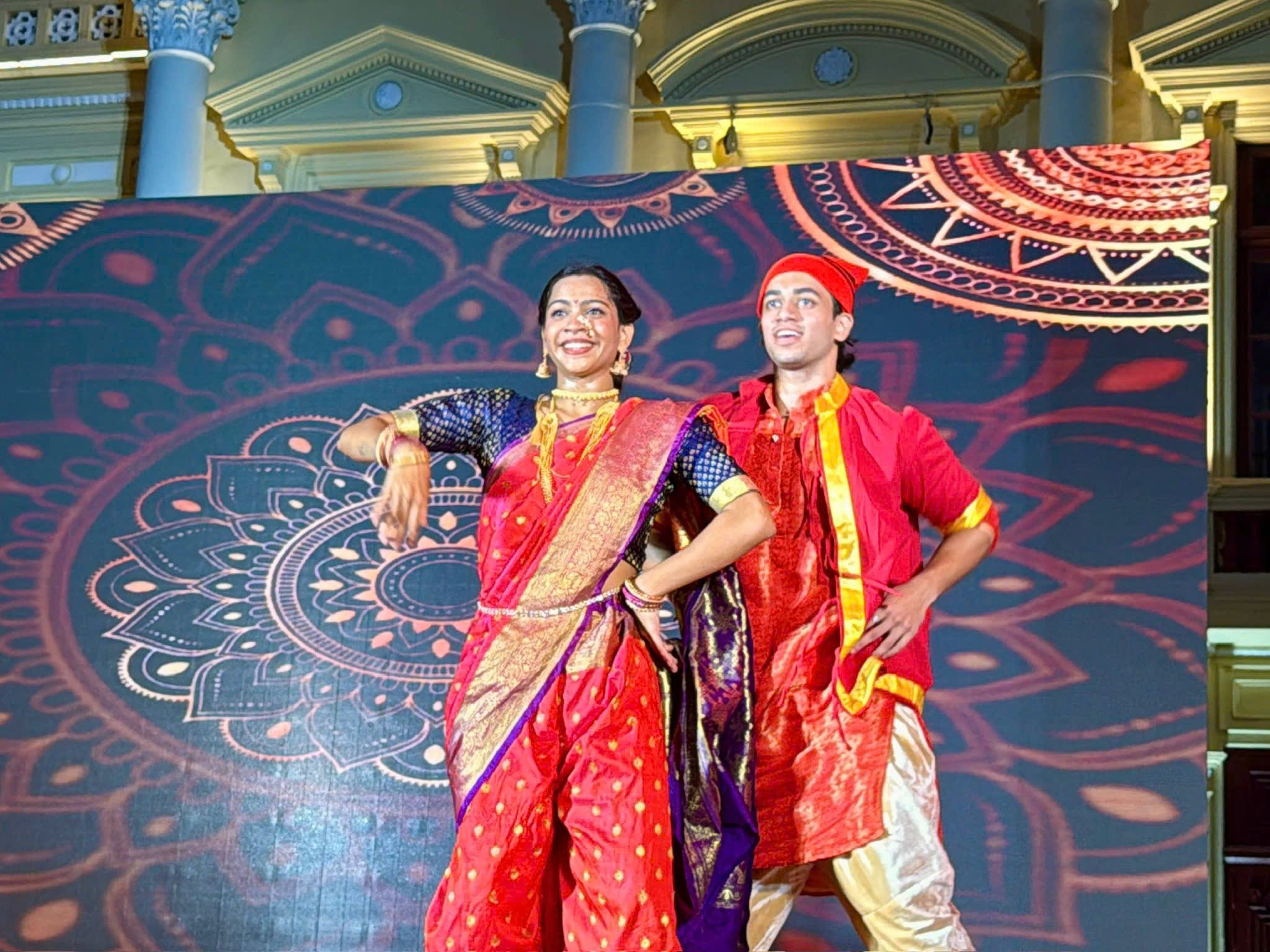
At the program, the Maharashitra State Performing Arts Troupe introduced to the audience many dances that are deeply rooted in Indian identity: Gondhal is not just a dance but also a spiritual prayer performed in traditional ceremonies in Maharashtra. Dedicated to powerful deities such as Bhavani, Renuka and Khandoba, Gondhal represents a deep belief in divine justice and protection. Dancers called Gondhalis act as messengers of the gods, who sing and dance in praise of the goddess.
Malhari celebrates the legendary warriors of the Maratha (Maharashtrian) empire, including Tanhaji, Toofan Chhava and Malhari, through a powerful Bollywood arrangement from the popular film Bajirao Mastani.
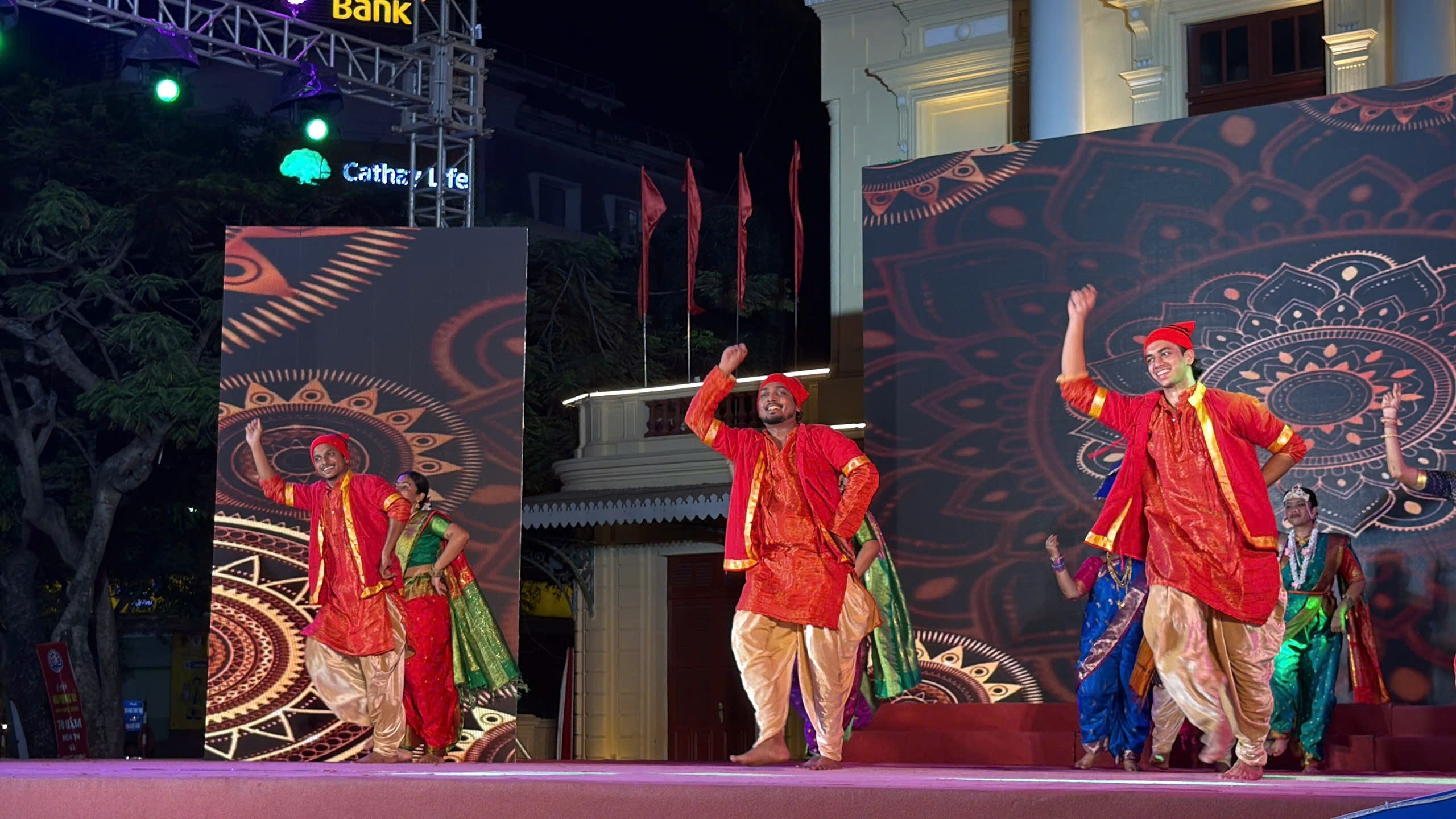
Dindi has deep roots in the Wari tradition of Maharashtra, where every year, thousands of Warkaris trek hundreds of miles to Pandharpur, singing and dancing in praise of Lord Vitthal. This dance is a living pilgrimage of the heart - where every beat is an offering that breaks down social barriers, uniting people in a sacred purpose.
Koli is a colorful festival of the sea that celebrates the lives of fishermen and their families. The dance represents the courage of those who brave the storms but still return with smiles and a catch. The dance also reflects the resilience of the Koli people, as well as the spirit of unity to maintain their traditions and livelihood.
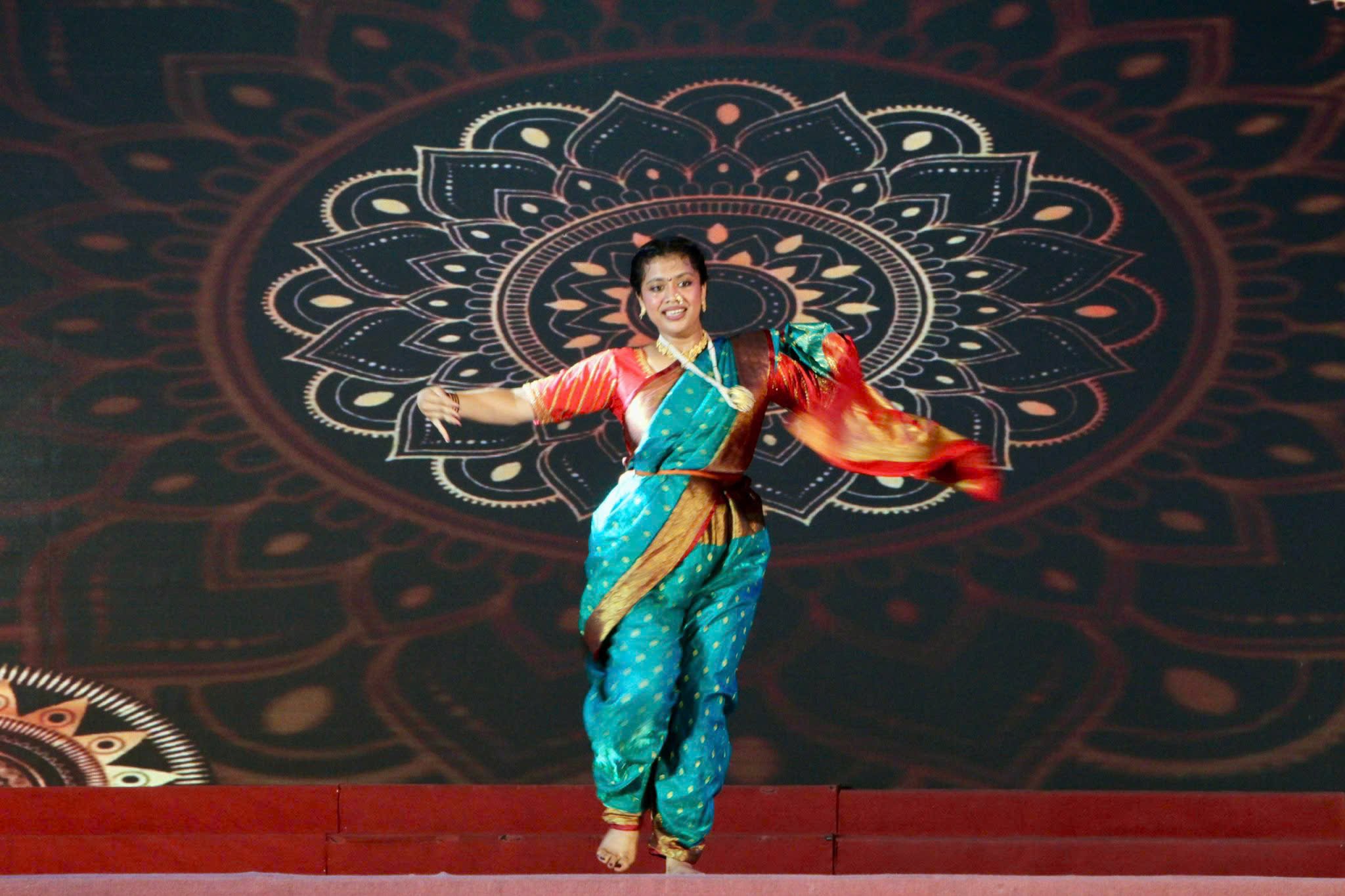
Naman is a prayer for success, peace and positivity. According to Indian tradition, every auspicious event begins with bowing to the gods and the audience. Classical music creates a peaceful atmosphere that relaxes the mind, and the dancers become messengers of peace and divinity through their movements.
Vasudev is a traditional troubadour artist who sings the verses of Vitthal/Panduranga with deep devotion (spiritual song and dance) in the Indian tradition. This dance is the way of living a selfless devotional life of the troubadour saint in keeping the tradition alive through songs filled with stories of morality, divinity and hidden power.
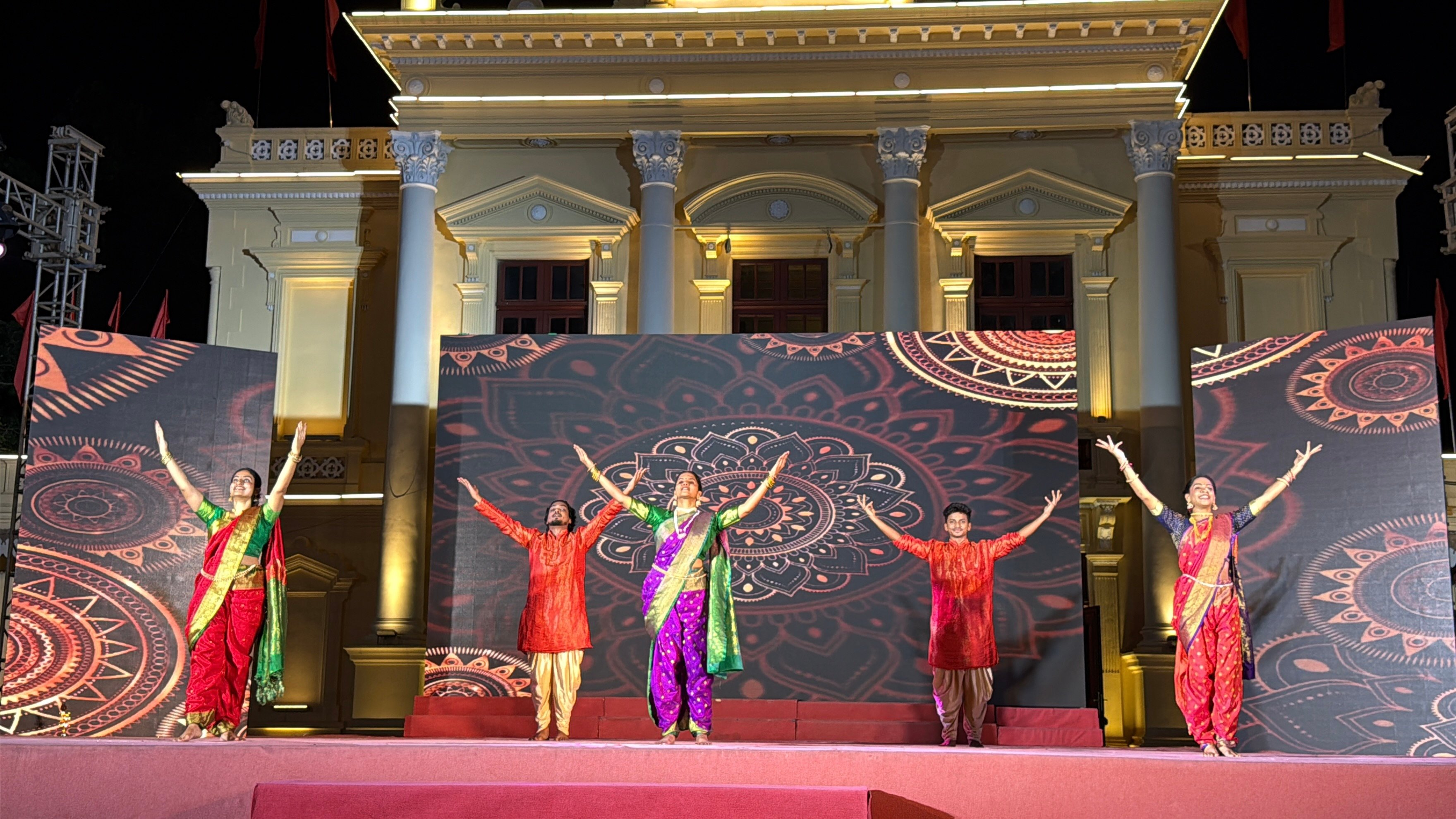
Lavani originated in the royal court and was later adopted by the common people. The dance celebrates the beauty of women and is characterized by drama, wit, sarcasm and grace. The dancers tell stories of love, struggle and humour through romantic and mischievous songs.
Yakshagana is a traditional form of theatre based on devotional myths. The play recounts the legend of the demon Mahishasura, who was defeated by Goddess Durga. Durga, the embodiment of light and wisdom, defeated the arrogant and prideful demon, symbolizing the victory of good over evil./.
Source: https://haiphong.gov.vn/tin-tuc-su-kien/dac-sac-mua-dan-gian-an-do-thu-hut-dong-dao-khan-gia-hai-phong-749835


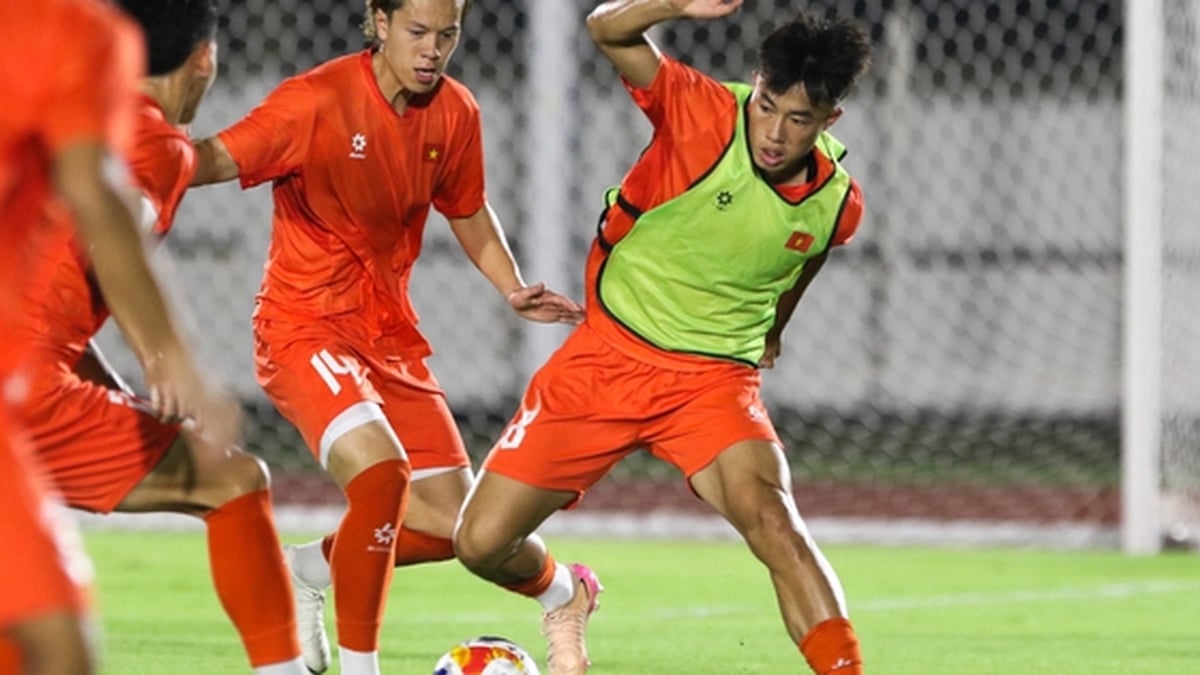






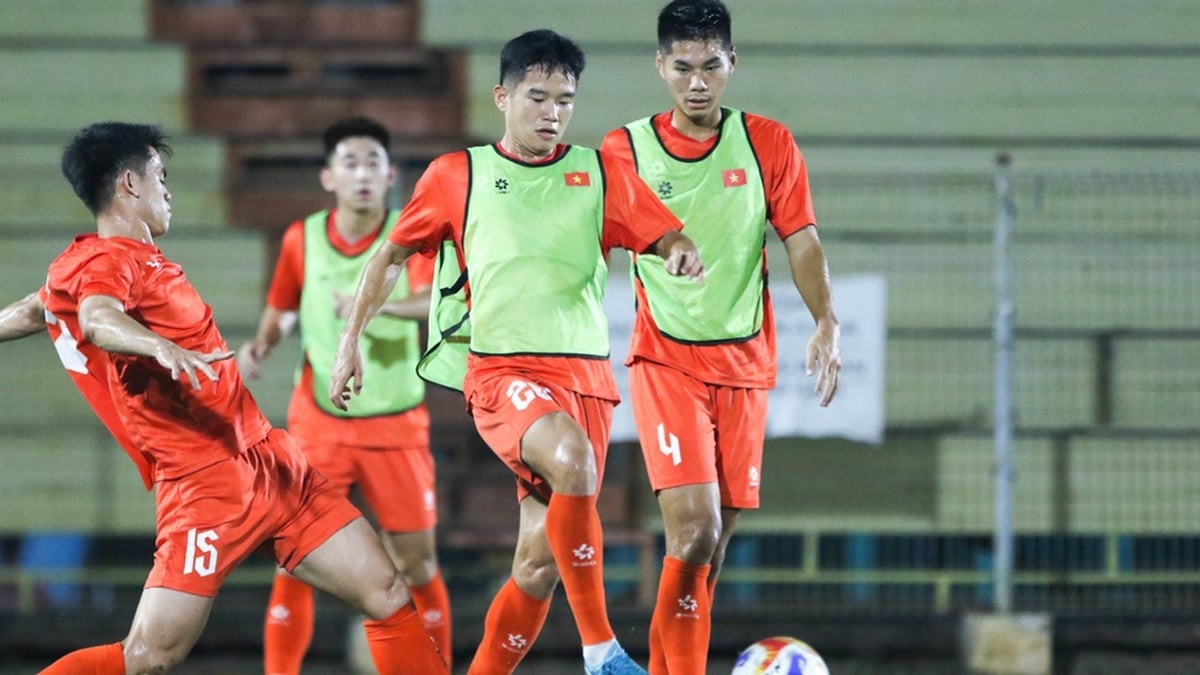
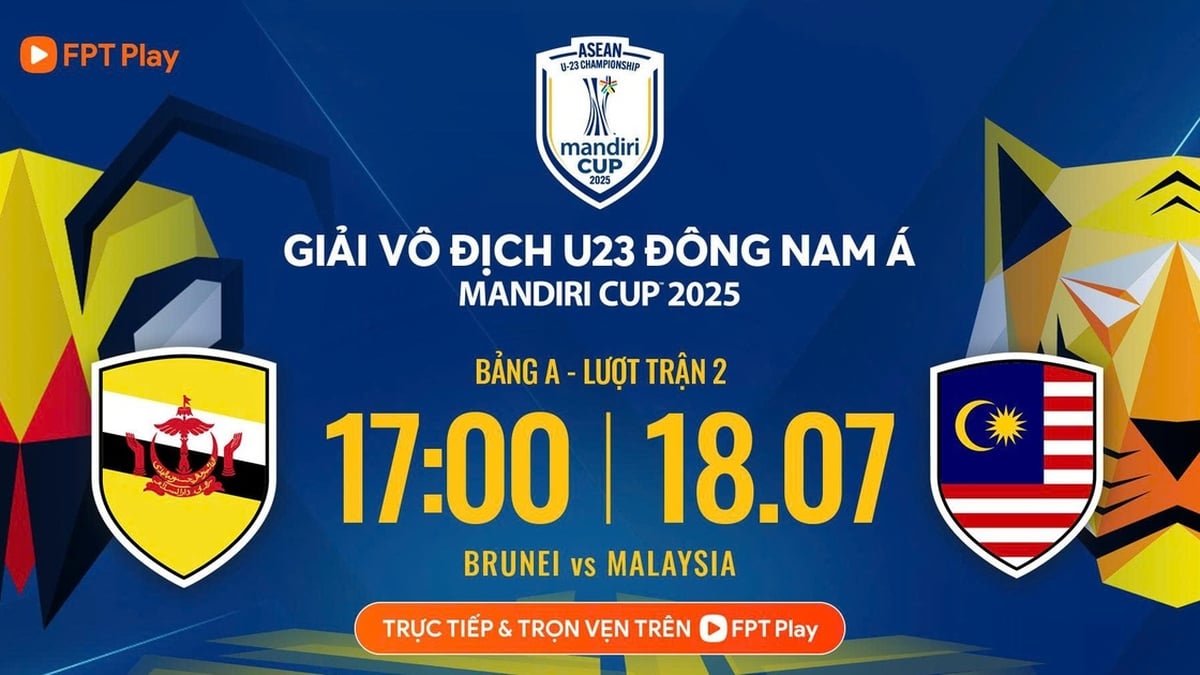
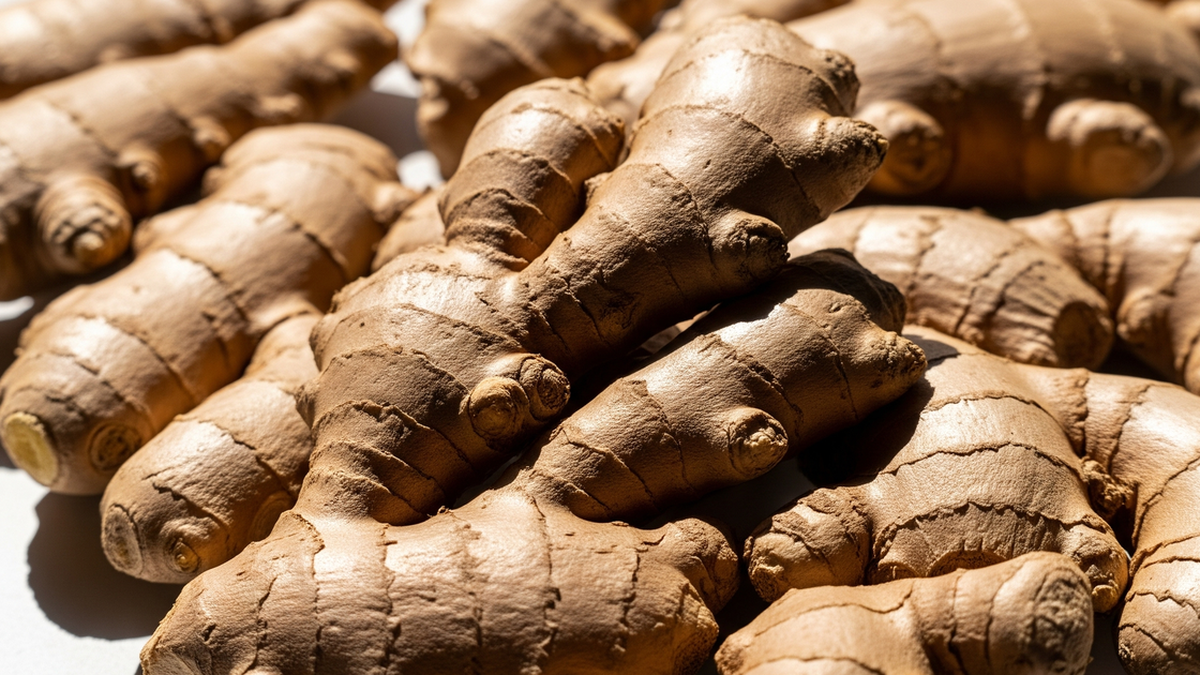

























































































Comment (0)